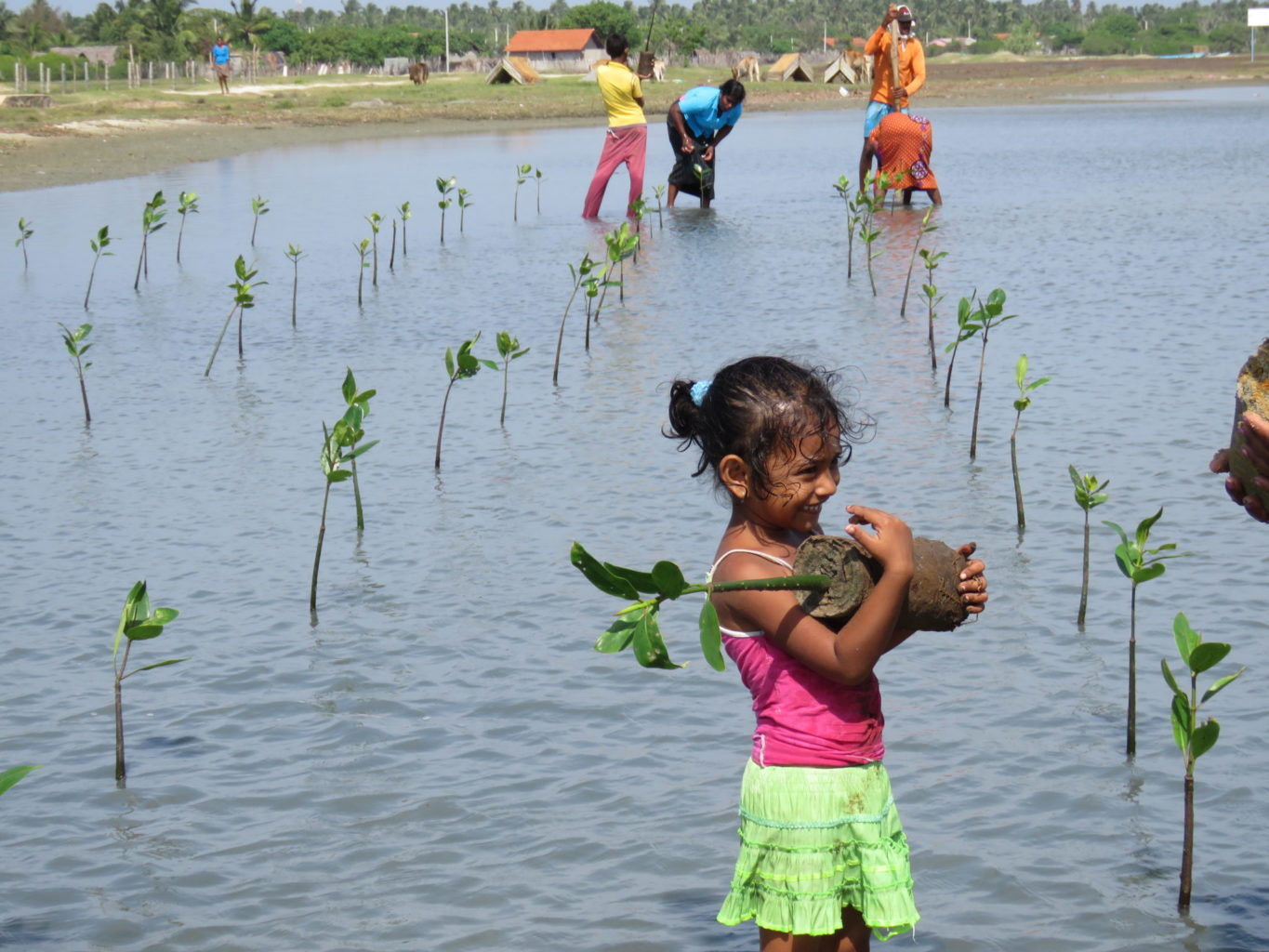
"Greece's legendary coastline is under threat. Posidonia seagrass, a natural resource that protects coastlines from erosion and sequesters ten times more carbon per acre than a rain forest, is literally being ripped up by its roots as boats anchor in its waters. We've lost 50% of all seagrass in the last 50 to 60 years, said Duane Silverstein, executive director of Seacology, a Berkeley-based environmental nonprofit"
"The destruction of seagrass is so threatening to Greece's ecology and economy, Seacology has made its protection the focus of its latest global effort, a five-year, $1.2 million project soon to launch in partnership with other Greek NGOs. The initiative will seek to replace the long ingrained habit of dropping anchor, with tying up at moored buoys. Seagrass will also be replanted."
"Operated out of a second-floor office on Solano Avenue, Seacology has launched 450 projects in the islands of 73 countries around the world since its founding 35 years ago. Seacology has helped save sea turtles, dugongs and one of the rarest primates in the world: the Hainan black crested gibbon, and preserved more than 1.5 million acres of threatened island forest and marine ecosystems over its long history."
Posidonia seagrass protects coastlines from erosion and sequesters approximately ten times more carbon per acre than rainforest, yet anchors and boat mooring are uprooting it along Greek shores. Fifty percent of global seagrass has been lost in the past 50–60 years, undermining coastal ecology and economies. Seacology is launching a five-year, $1.2 million Greek Islands Seagrass Alliance to replace anchoring with moored buoys and to replant seagrass, in partnership with Greek NGOs. Seacology operates dozens of island conservation projects worldwide, having launched 450 projects in 73 countries, preserved over 1.5 million acres, and led large-scale mangrove protection efforts.
Read at www.berkeleyside.org
Unable to calculate read time
Collection
[
|
...
]